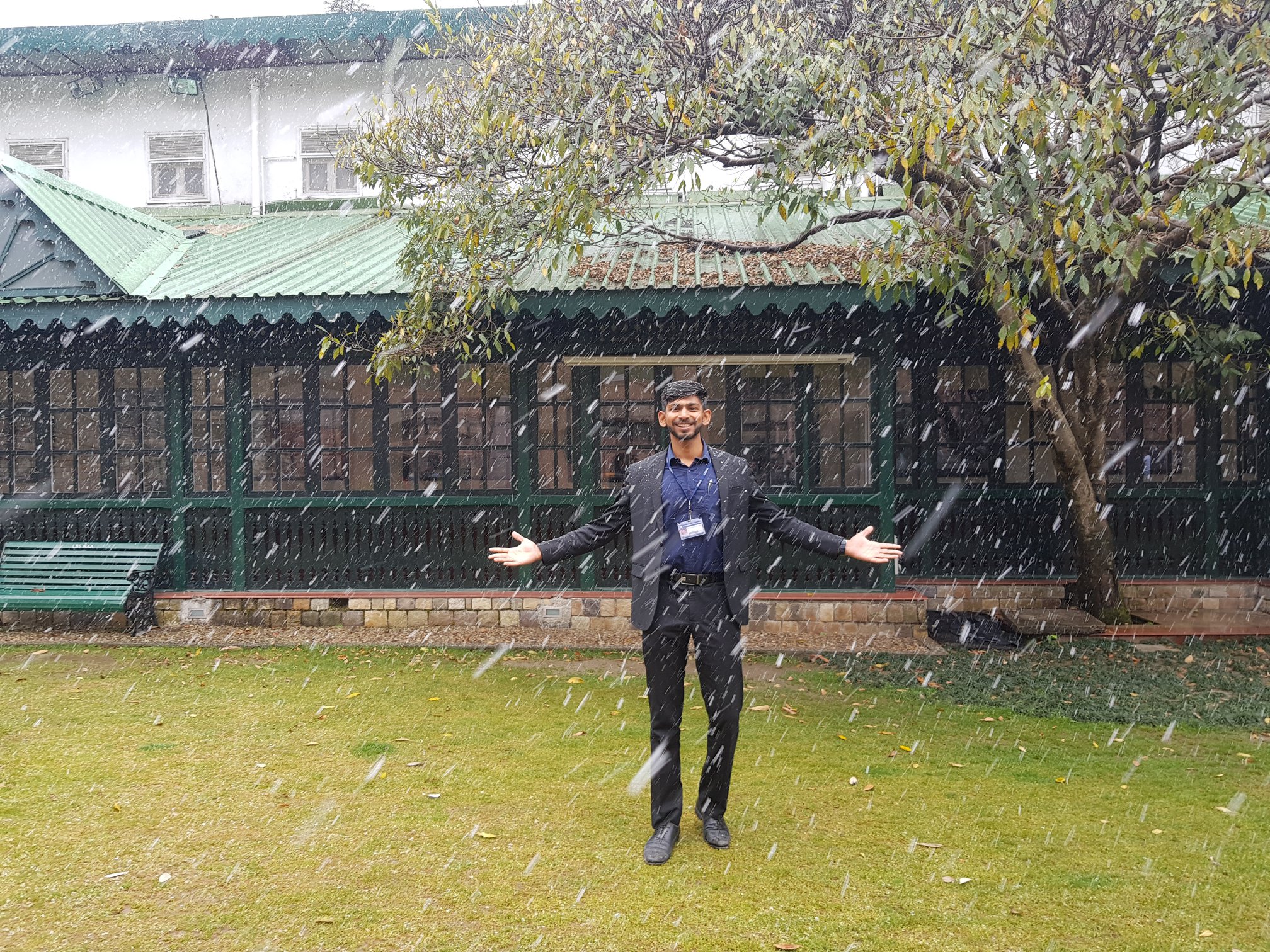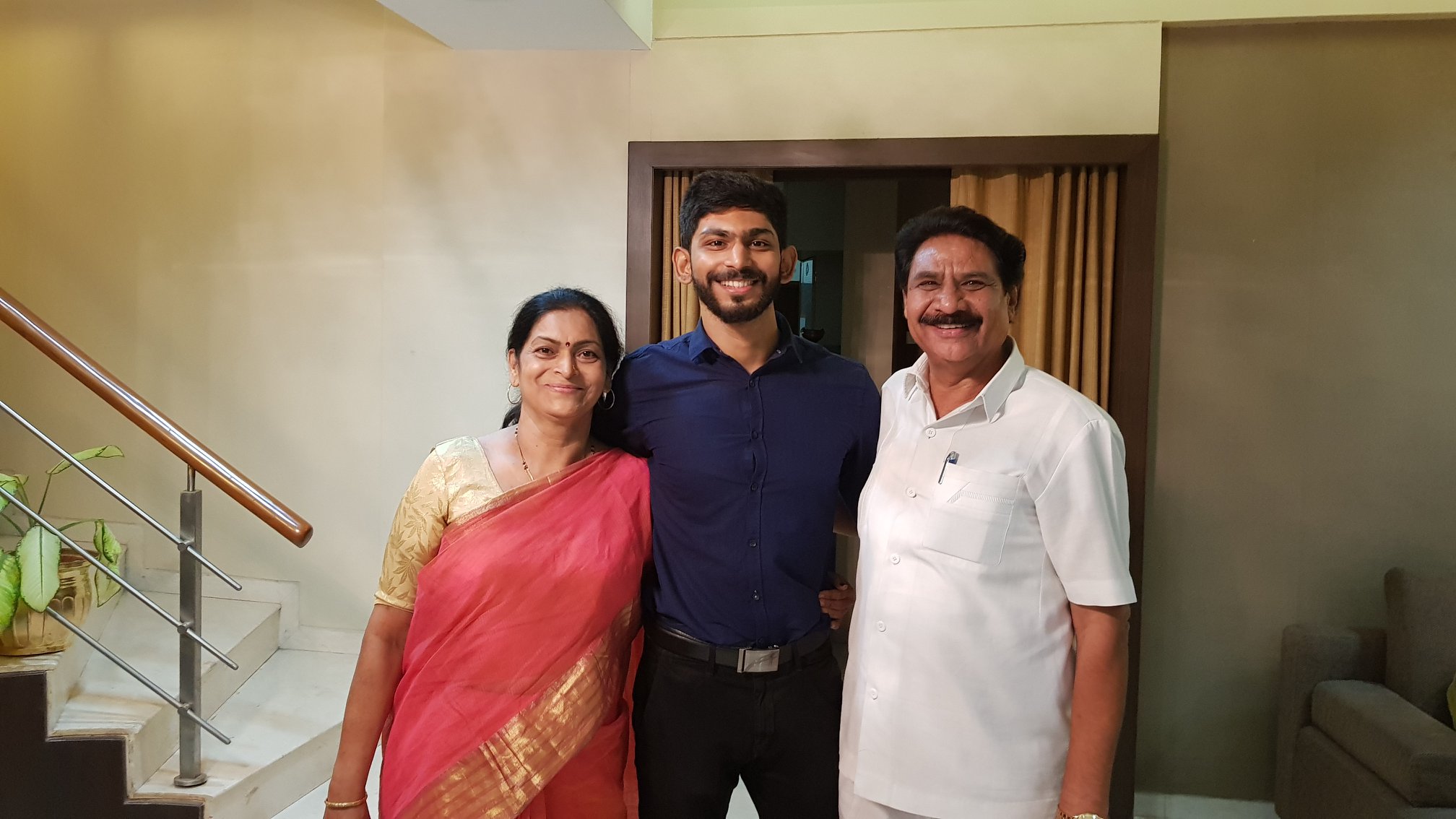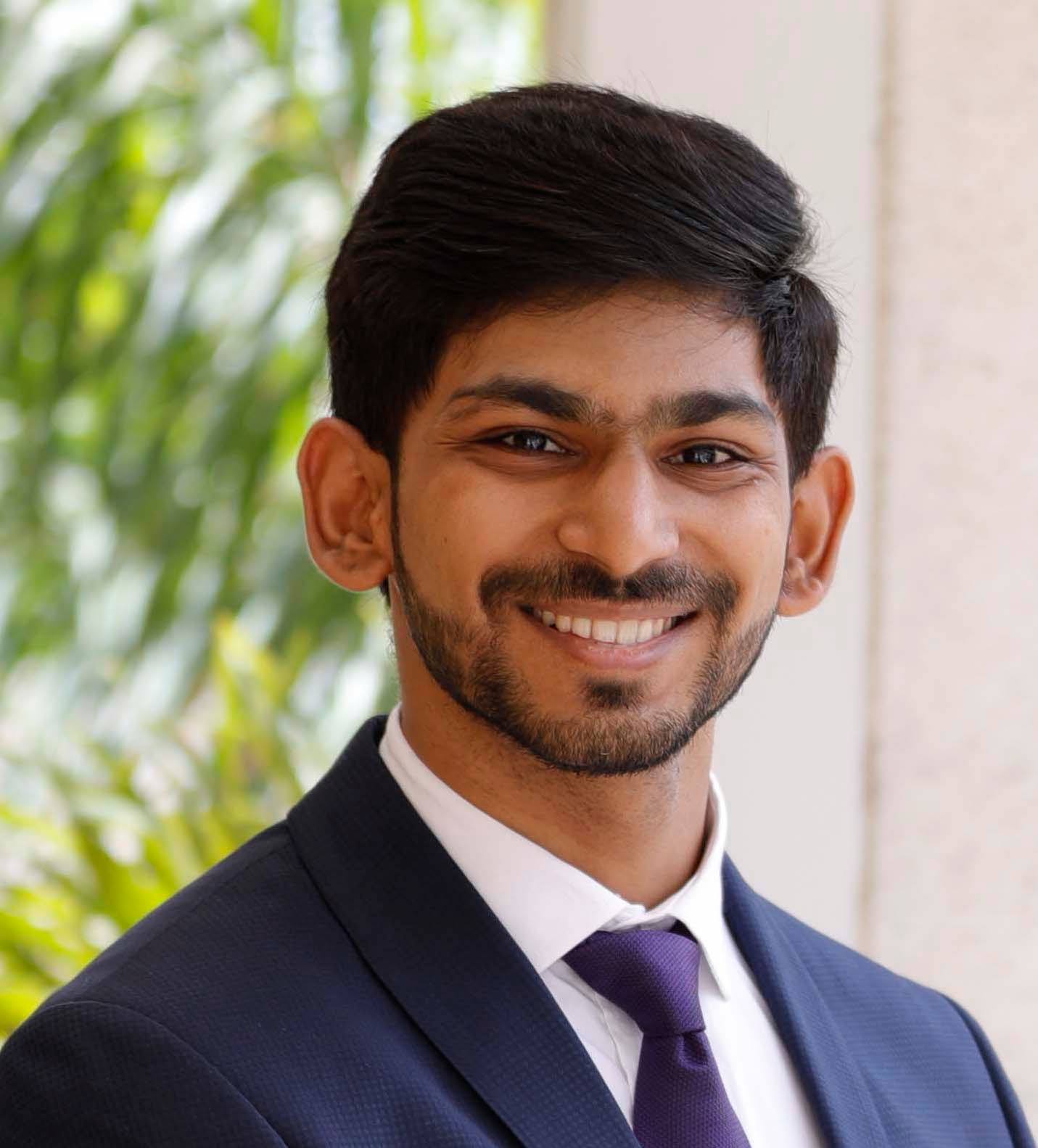#UPSCSimplified: IAS Topper Piyush Salunkhe On Epiphanies & Cracking The Interview
“My own desire to excel coupled with that of my parents to see me doing something bigger kept me motivated."

With over 10 lakh applicants each year, and only 1000 selections – the UPSC exams can seem like an insurmountable hurdle. But it can be crossed! In ‘UPSC Simplified’, The Better India catches up with toppers to uncover the do’s and don’t for India’s toughest exam. Follow the series for all the tips you need!

24-year-old Piyush Salunkhe, who secured an All India Rank of 63 in the UPSC examination, can best be described as a go-getter.
Let me explain why I say this.
As an officer-trainee at the Lal Bahadur Shastri National Academy of Administration (LBSNAA), Piyush is currently on the ‘Bharat Darshan’ – an eight-week study tour of India to familiarise trainees with public and private sector undertakings, NGOs, armed services, media, urban bodies, and Parliamentary proceedings in India. During this time, the officers spend time in various districts understanding how things function.
Piyush is currently in a place where Internet access is patchy at best, and yet, he ensured that we spoke and I received all the information for this article.
In this exclusive interview with The Better India, Piyush discusses his background and how it motivated him, tips for aspirants especially for their interview stage, and books that he referred during his preparation.
Background as a motivator
Having cleared the competitive examination in his second attempt, Piyush says, “If you want something very badly, then ensure that the fire within keeps burning.”
He goes on to say that motivation is both internal and external. “My experiences from being a part of the National Service Scheme (NSS) helped shape me to a great extent. There, I was exposed to the problems of our country at the grassroots level and the shortcomings on the part of the administration in addressing them. That was one of the external factors that motivated me.”
Regarding internal motivation, he says that his parents were constantly there for him.
“My own desire to excel, coupled with that of my parents to see me doing something bigger, was another factor,” he says.

“My moment of epiphany was during my 7-day residential camp organised by the NSS. The village we had visited had a multitude of problems–sanitation, hunger, housing, health, water, etc. A major reason for this was a lack on the part of the administration to address them efficiently in time. More than new policies, what was needed was to implement the ones that existed in spirit,” he says.
This experience pushed him further to appear for the UPSC examination.
Things to remember before appearing for the interview
1. Be confident
One of the most important aspects to remember while attending the interview is to be confident. Believe in yourself and your preparation. Exude confidence in the answers you give, your body language as well as your mannerism, he suggests.
2. Be clear
When you are asked a question, remember to give close-ended answers. Your answer should not give the panel a chance to further question you about it. Take a few seconds to compose the answer in your mind before you state it.
3. Don’t be apologetic

Never attempt answering a question for which you have no answer or are uncertain. If you do not know an answer, politely say so and excuse yourself from answering it.
Even when saying that you do not know the answer, be confident and not apologetic.
You cannot know everything and even the panel knows that.
4. Keep the smile
The biggest asset you will take with yourself into the interview room is your smile. Not only does it put you at ease but also the panel. It also helps lighten the overall mood of the situation.
Dealing with failure
Having failed at the first attempt, Piyush says that he feels equipped enough to answer this. “Exercise – It becomes extremely important for one to vent and what better way than exercising. For me, lifting weights and sweating it out in the gym became instant stress-busters,” he says.
Five books Piyush used during his preparation
– NCERTs
– Indian Polity by Laxmikanth
– A Brief History of Modern India by Spectrum
– Environment and Ecology by Shankar IAS
– Understanding Indian Economy by Dhirendra Kumar
With these pointers, we wish you all the best for your examination!
(Edited by Shruti Singhal)
You May Also Like: #UPSCSimplified: IAS Topper Ashutosh Dwivedi Shares How to Prepare For The Interview
Like this story? Or have something to share?
Write to us: [email protected]
Connect with us on Facebook and Twitter.
If you found our stories insightful, informative, or even just enjoyable, we invite you to consider making a voluntary payment to support the work we do at The Better India. Your contribution helps us continue producing quality content that educates, inspires, and drives positive change.
Choose one of the payment options below for your contribution-
By paying for the stories you value, you directly contribute to sustaining our efforts focused on making a difference in the world. Together, let’s ensure that impactful stories continue to be told and shared, enriching lives and communities alike.
Thank you for your support. Here are some frequently asked questions you might find helpful to know why you are contributing?


This story made me
-
97
-
121
-
89
-
167











